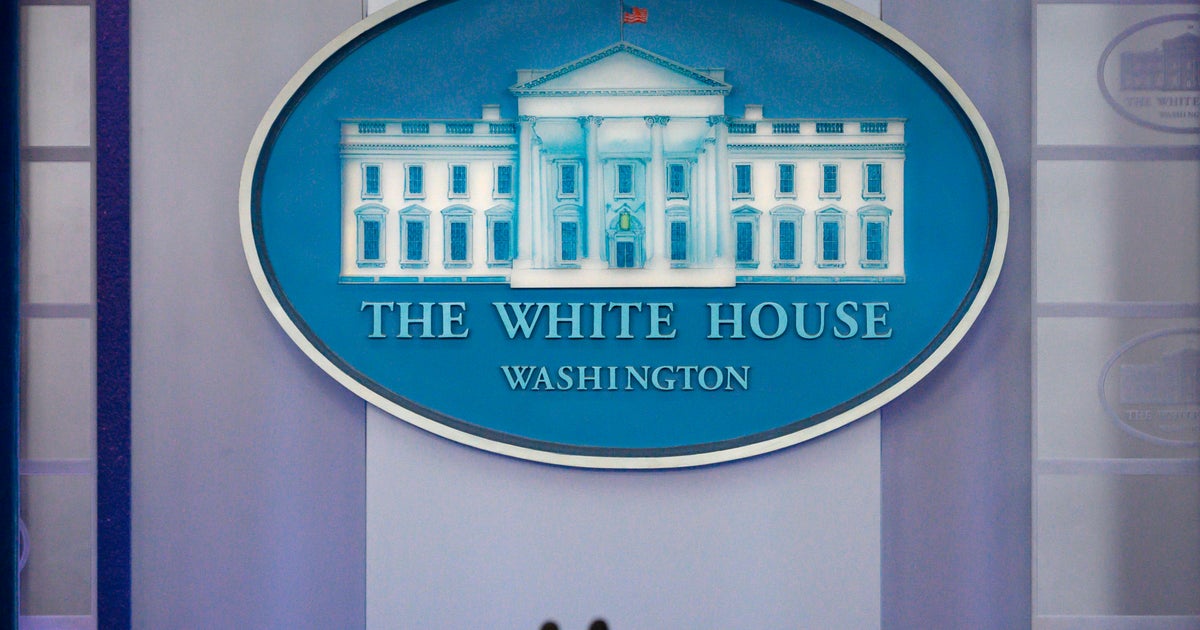In a recent development that has resonated across the scientific community, nearly 400 scientists from across the United States received notifications on Monday afternoon that their expertise was no longer required for drafting a pivotal climate change report under the auspices of the federal government. This major report, officially known as the National Climate Assessment, is a comprehensive document produced every four years, summarizing the various impacts of climate change within the United States. Legislators mandated this document under the Global Change Research Act of 1990, marking it as a critical piece of scientific inquiry into the changing conditions of the climate and their effects on the environment.
The sixth edition of the National Climate Assessment, which is currently scheduled for publication in 2027, had been in preparatory phases for several months. The importance of this report cannot be overstated, as it serves as a foundation upon which federal, state, and local governments, alongside private entities, draw insights to prepare for and address the repercussions of climate change. From understanding future projections of climate-related risks to implementing strategies for adaptation and mitigation, the National Climate Assessment plays a crucial role in governmental and private sector planning.
However, the dismissal of these hundreds of scientists—many of whom were non-federal volunteers dedicatedly serving the government’s efforts—casts a shadow on the future production of this assessment. An email circulated among the participants from the deputy director of services for the U.S. Global Change Research Program, which organizes the publication of the report, simply stated, “Thank you for your participation in the 6th National Climate Assessment… we are now releasing all current assessment participants from their roles.” The email further mentioned that the “scope” of the assessment was under reevaluation as the administration sought compliance with the established law; a statement reiterated by the White House to CBS News.
This development has sparked significant concern among the scientific and environmental community, with many worrying about the integrity of the future reports without the specialized knowledge and contributions of these seasoned scientists. Steven Hamburg, chief scientist at the Environmental Defense Fund, voiced his concerns, stating, “The Trump administration has dismissed all the scientists from their work on the nation’s most important climate change report. Refusing to study climate change will not make it disappear—nor help us address more severe weather conditions or reduce the emissions worsening the issue.”
This action doesn’t come out of the blue but aligns with broader strategies hinted at in Project 2025, a policy roadmap crafted by the Heritage Foundation for the next Republican president, which suggested a reshaping of the administrative processes and the introduction of “diverse viewpoints” to such federal reports. The roadmap criticized the extensive control enjoyed by bureaucratic structures like the U.S. Global Change Research Program and called for a restructuring that would see a scaling back of its influence.
Indeed, initial steps towards altering the structure and staffing of the USGCRP were reported weeks prior to this massive layoff, with many federal employees being let go and contracts with external contributors to the National Climate Assessment being abruptly canceled.
The question now turns to how an independent scientific report of this magnitude and necessity can be produced without federal oversight. Scientists like Dr. Robert Kopp, a climate scientist from Rutgers University, express a blend of resignation and resolve, acknowledging the precursors to their dismissal yet emphasizing the necessity of continuing to provide up-to-date, evidence-based climate assessments. Dr. Mijin Cha from the University of California, Santa Cruz, also a contributing author, underscored the significance of losing such a rigorous review process, deploring what she perceives as a decline in America’s stature as a leader in data and research.
Amid this upheaval, discussions are underway within the scientific community about potential pathways forward, including the possibility of independent funding mechanisms to continue the essential work of compiling and publishing the National Climate Assessment. Simultaneously, there exists an undercurrent of apprehension regarding the nature of future reports under the current administration that could potentially diverge significantly in scope and scientific rigor from previous editions.
While the administration is legally obligated to produce the sixth version of the National Climate Assessment by the end of 2027 due to the stipulations of the Global Change Research Act of 1990, the trajectory and quality of the upcoming report remain uncertain. It is a pivotal moment for climate science in the United States, as the scientific community grapples with these new challenges and continues its quest to provide credible, comprehensive assessments of the pressing climate issues facing the nation. The unfolding events will undoubtedly have far-reaching implications not only for environmental policy and action but also for the scientific integrity of one of the most important environmental analyses conducted in the United States.









